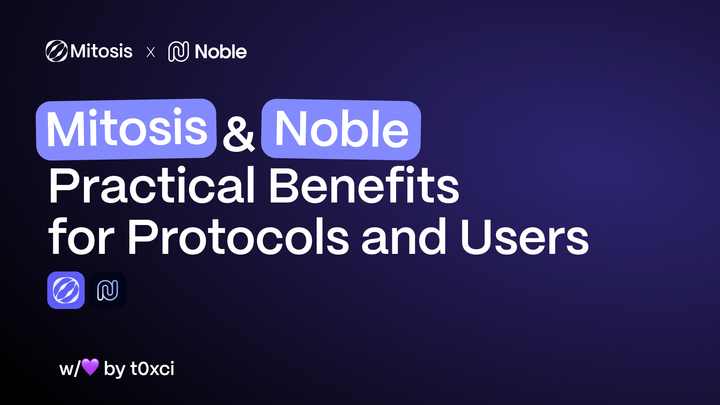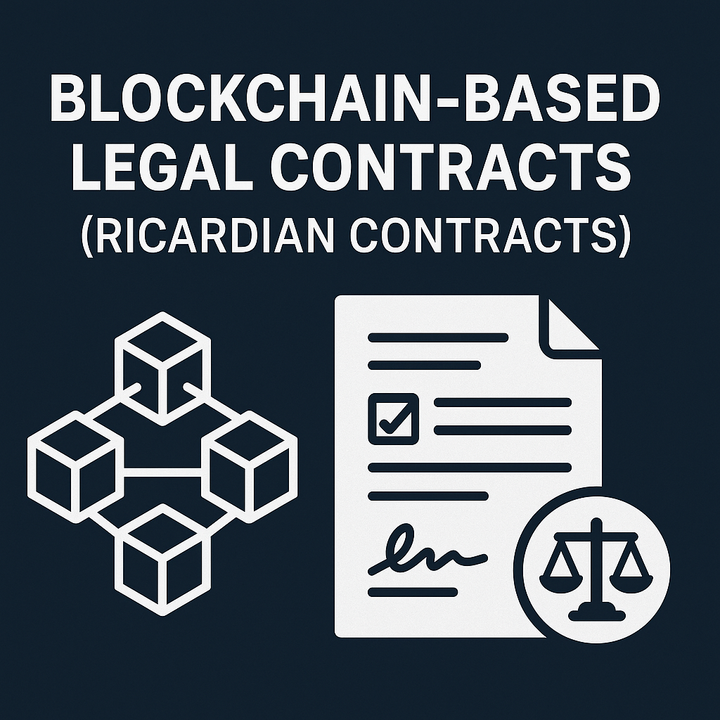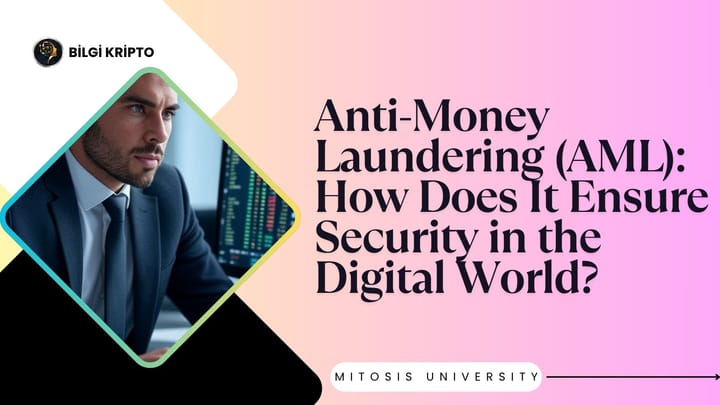Succinct SP1 zkVM: An Innovation Simplifying ZKP-Based Application Development for Rust Developers

In recent years, Zero-Knowledge Proofs (ZKPs) have gone from an academic curiosity to a cornerstone of the next generation of blockchain, privacy-preserving computation, and verifiable applications. But while the potential of ZKPs is massive, the barriers to adoption have been just as significant.
Traditionally, implementing ZKPs required expertise in advanced mathematics, familiarity with obscure domain-specific languages (DSLs), and time-consuming setup processes. This meant that, for most developers, building applications with ZKPs was simply not an option.
But all of that is beginning to change—thanks to Succinct SP1 zkVM, a powerful open-source virtual machine that makes ZKP development accessible to everyday Rust developers, without requiring deep cryptographic knowledge or new tools.
What Is SP1 zkVM?
SP1 (short for Succinct Processor 1) is a zero-knowledge virtual machine (zkVM) built by Succinct Labs, designed to execute programs written in Rust and automatically generate zero-knowledge proofs of their correct execution. Think of it as a regular virtual machine—like the Java Virtual Machine (JVM) or WebAssembly runtime—but with one crucial difference: every time it runs a program, it can generate a cryptographic proof that it ran the program correctly, without revealing any private inputs.
What sets SP1 apart from other zkVMs is its developer-friendly approach. Rather than requiring developers to learn a new language or write low-level cryptographic code, SP1 enables them to use the tools they already know: Rust, Cargo, and standard debugging workflows.
Why Zero-Knowledge Proofs Matter
To understand why SP1 is such a breakthrough, it’s worth quickly revisiting what ZKPs actually do. A Zero-Knowledge Proof is a cryptographic technique that allows one party (the prover) to prove to another party (the verifier) that they know something or that they’ve performed a certain computation—without revealing any of the underlying data.
Real-world examples include:
- Proving you are over 18 without revealing your birthdate
- Proving your account has sufficient funds without revealing your balance
- Proving a computation was done correctly without showing all inputs or logic
ZKPs enable privacy, trust, and verifiability in a wide range of applications—from finance to identity to AI—and they are especially valuable in blockchain environments where data is transparent by default.
SP1’s Key Features
1. Write ZKP Programs in Pure Rust
Unlike other ZKP frameworks that require DSLs like Circom, Noir, or Leo, SP1 lets you write programs in plain Rust. This is a huge advantage for the large and growing Rust developer community. Developers can:
- Use their existing knowledge of the language
- Leverage mature tools like
cargo,clippy, andrust-analyzer - Write, test, and debug using familiar workflows
This lowers the barrier to entry and shortens the development cycle for building ZK applications.
2. Powered by STARKs—No Trusted Setup Needed
SP1 uses STARKs (Scalable Transparent ARguments of Knowledge) as the underlying cryptographic proof system. Unlike SNARKs (used by tools like zk-SNARKs), STARKs are:
- Transparent: no need for a trusted setup
- Post-quantum secure: more resilient to future cryptographic threats
- Efficient: well-suited for parallelism and large computations
This makes SP1 both easier to deploy and more secure over the long term.
3. Deterministic Execution and Verifiability
SP1 executes Rust code deterministically inside a RISC-V-based virtual machine. This means that the same inputs will always produce the same outputs—and the same proof. Developers can test locally, and be confident that the proof generated later will match exactly.
Additionally, the generated proofs can be verified on-chain or off-chain, depending on the application. This flexibility is key for decentralized applications that balance privacy, trust, and performance.
4. Open Source, Audited, and Production-Ready
SP1 is released under permissive open-source licenses (MIT/Apache 2.0), and the code has already been audited by leading cryptographic firms. This gives developers and teams the confidence to integrate it into production systems without concerns about licensing or security.
What Can You Build with SP1?
SP1 is not just theoretical—it has already been used to create verifiable versions of:
- Classic games like Tetris and Doom
- AI inference engines using large language models like Mistral-7B
- Private verifiable computations in DeFi and identity systems
Here are just a few real-world use cases where SP1 can make a difference:
✅ Verifiable Off-Chain Computation
You can run heavy logic off-chain (e.g., data processing, AI predictions) and post just the proof on-chain—saving gas and keeping the data private.
✅ On-Chain Gaming
Players can prove they reached a certain level or score in a game, without sharing the entire gameplay or state history.
✅ Private Identity and Credentials
Users can prove they meet certain criteria (like age, residency, or creditworthiness) without exposing sensitive documents.
✅ Compliance and Auditing
Regulators can verify that processes were followed correctly—without needing access to proprietary or user data.
The Developer Experience
SP1 is designed for developer ergonomics, not just cryptographic elegance. Here’s what a typical developer workflow looks like:
- Write a program in Rust using standard syntax and libraries.
- Test and debug using local tools and environments.
- Compile and run in SP1, generating a proof of execution.
- Verify the proof on-chain (e.g., Ethereum) or off-chain (e.g., internal system).
Everything from writing to proof generation to verification is handled via a clean CLI and Rust crates.
Conclusion
Zero-Knowledge Proofs are transforming how we build trust and privacy into software. But until now, they’ve been largely out of reach for everyday developers.
With Succinct SP1 zkVM, that’s changing. By enabling Rust developers to write verifiable programs in the language they already know—without touching low-level crypto—SP1 is democratizing access to ZKP technology.
Whether you're building DeFi protocols, Web3 games, verifiable AI, or next-gen identity systems, SP1 gives you the power of cryptographic trust—without the complexity.
It’s time to stop treating ZKPs as something “too advanced” and start building with them. And with SP1, that starts now.



Comments ()